EDITORIAL
Published on 18 Mar 2025
Editorial: Delirium in older persons
doi 10.3389/fmed.2025.1587624
- 212 views
5,816
Total downloads
20k
Total views and downloads
EDITORIAL
Published on 18 Mar 2025
ORIGINAL RESEARCH
Published on 14 Feb 2025
ORIGINAL RESEARCH
Published on 25 Sep 2024

CASE REPORT
Published on 18 Jul 2024
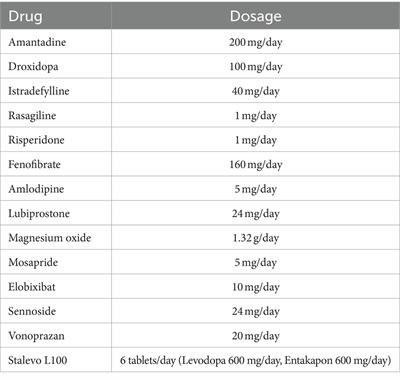
ORIGINAL RESEARCH
Published on 01 Jul 2024
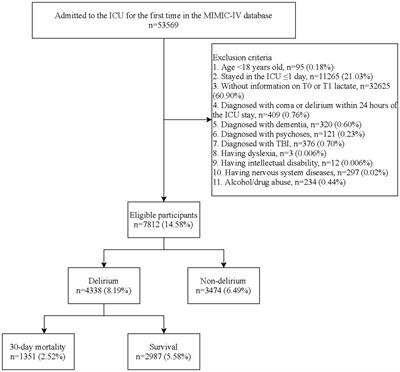
ORIGINAL RESEARCH
Published on 22 May 2024

ORIGINAL RESEARCH
Published on 17 May 2024
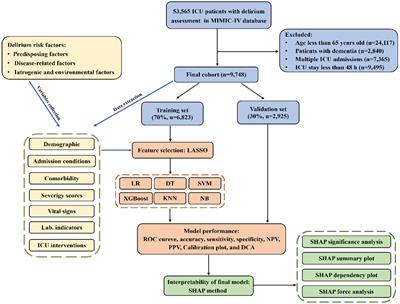
ORIGINAL RESEARCH
Published on 14 May 2024
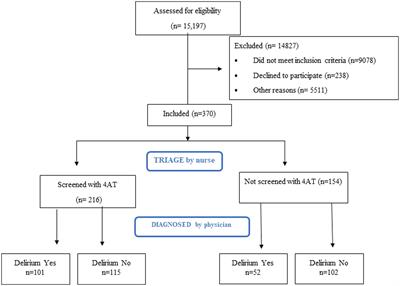
SYSTEMATIC REVIEW
Published on 13 May 2024
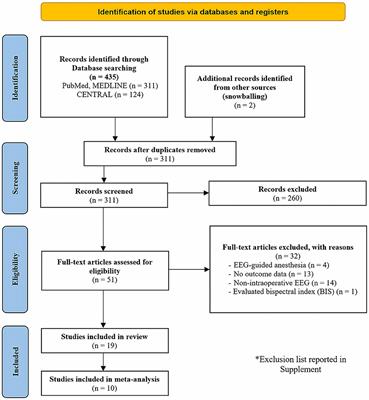
ORIGINAL RESEARCH
Published on 22 Nov 2022

ORIGINAL RESEARCH
Published on 06 May 2022

